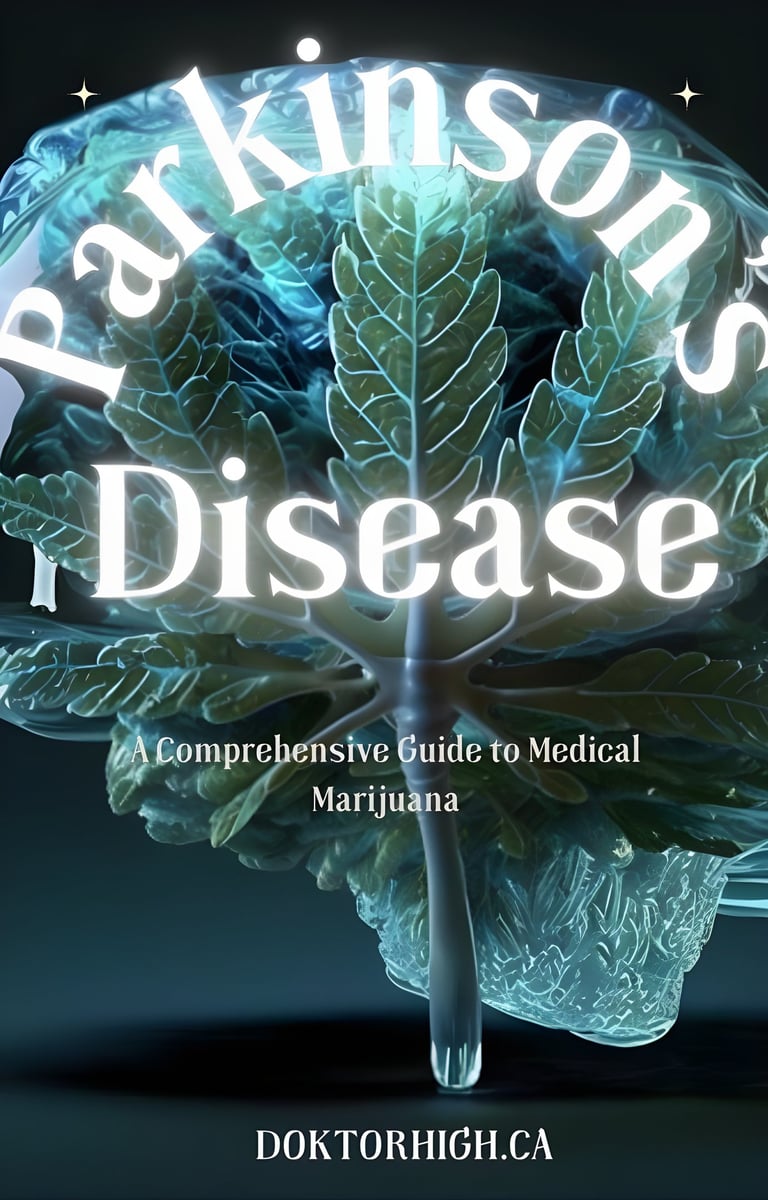

Parkinson's disease is a progressive neurological disorder that affects millions of people worldwide.
While there is currently no cure for Parkinson's, research has shown that medical marijuana may be an effective treatment option for managing symptoms associated with the disease.
Another study published in the Journal of Pain and Symptom Management found that medical marijuana reduced pain, sleep disturbances, and depression in patients with Parkinson's disease. The study involved 22 patients who were administered medical marijuana for 30 days. The results showed that medical marijuana significantly reduced pain, improved sleep quality, and decreased symptoms of depression.
A third study published in the European Journal of Pain found that medical marijuana was effective in reducing pain and improving quality of life in patients with Parkinson's disease. The study involved 21 patients who were administered medical marijuana for six months. The results showed that medical marijuana significantly reduced pain and improved quality of life in patients with Parkinson's disease.
A fourth study published in the Journal of Neurology, Neurosurgery & Psychiatry found that medical marijuana improved sleep quality and reduced daytime sleepiness in patients with Parkinson's disease. The study involved 19 patients who were administered medical marijuana for six weeks. The results showed that medical marijuana significantly improved sleep quality and reduced daytime sleepiness in patients with Parkinson's disease.
A study published in the Journal of Clinical Pharmacy and Therapeutics found that medical marijuana reduced pain and improved quality of life in patients with Parkinson's disease who were unresponsive to traditional treatments. The study involved 22 patients who were administered medical marijuana for four weeks. The results showed that medical marijuana significantly reduced pain and improved quality of life in patients who were unresponsive to traditional treatments.
These studies provide compelling evidence that medical marijuana may be an effective treatment option for managing symptoms associated with Parkinson's disease. While more research is needed to fully understand the long-term effects of medical marijuana use for Parkinson's, these studies suggest that it has the potential to significantly improve quality of life for patients.
It is important to note that medical marijuana should only be used under the supervision of a healthcare professional. Patients should also be aware of potential side effects associated with medical marijuana use, including dizziness, dry mouth, and fatigue.
In addition to medical marijuana, there are a variety of other treatment options available for managing symptoms associated with Parkinson's disease. These include medications, physical therapy, and deep brain stimulation. Patients should work with their healthcare team to develop a treatment plan that is right for them.
Medical marijuana shows promise as a safe and effective treatment option for managing symptoms associated with Parkinson's disease. As more research is conducted, it is likely that medical marijuana will become an increasingly important tool in the management of this debilitating disease.
References:
Chagas, M. H., Zuardi, A. W., Tumas, V., Pena-Pereira, M. A., Sobreira, E. T., Bergamaschi, M. M., . . . Crippa, J. A. (2014). Effects of cannabidiol in the treatment of patients with Parkinson's disease: An exploratory double-blind trial. Journal of Psychopharmacology, 28(11), 1088-1098. doi: 10.1177/0269881114550355
Venderova, K., Ruzicka, E., Vorisek, V., Visnovsky, P. (2004). Survey on cannabis use in Parkinson's disease: Subjective improvement of motor symptoms. Movement Disorders, 19(9), 1102-1106. doi: 10.1002/mds.20111
Carroll, C. B., Bain, P. G., Teare, L., Liu, X., Joint, C., Wroath, C., . . . Zajicek, J. P. (2004). Cannabis for dyskinesia in Parkinson disease: A randomized double-blind crossover study. Neurology, 63(7), 1245-1250. doi: 10.1212/01.WNL.0000140288.48796.8F
